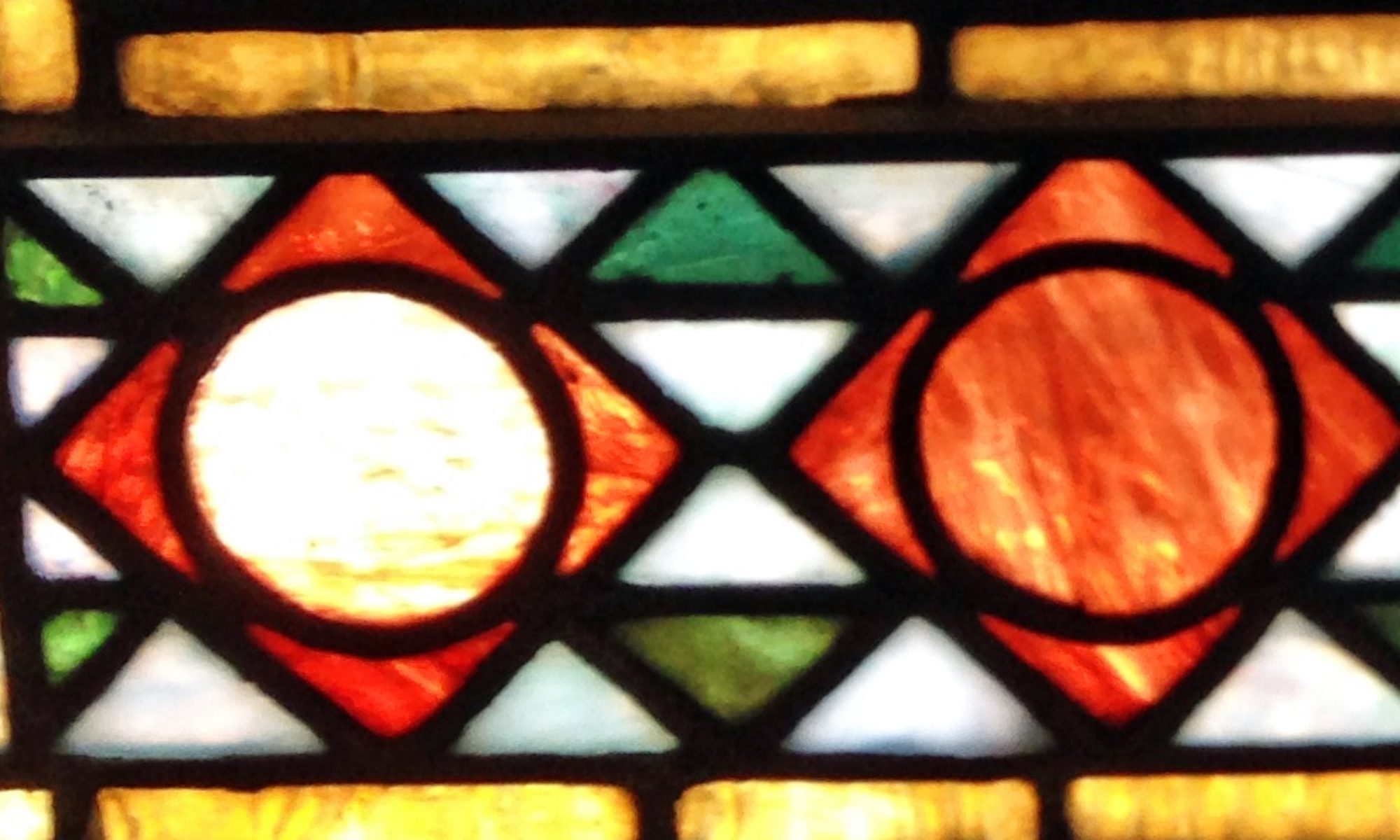On July 12, the Cincinnati Opera performed “Silent Night”, a new opera based on the events of an impromptu truce on the front lines of World War I, 100 years ago.
On that Christmas eve in 1914, the first of WW I, the Scots, the French and the Germans stared over the trenches and managed to find the shared humanity to reach across no-man’s-land, first by song and then by foot. They carried whiskey, wine and beer, the sacramental offerings for a communion of conscripts. The very idea is profoundly anti-war and anti-nationalist.
Indeed, when the German operatic tenor (played, in Cincinnati, by a Belgian operatic tenor living in Germany, making his US debut) is congratulated by the German Crown Prince for serving the Fatherland, he replies bitterly that he was conscripted like all the rest. The prince has a little holiday shindig at his chalet — only some 30 km from the front! Generals come, and the tenor is yanked from the trenches for the evening. But he is back before the night is too far gone. This high-society artist, not some funky, dirty Marxist, warns the Germans soldiers that they are not serving the Fatherland or the “dear” Kaiser, but the rich Hindenburgs and Krupps… names they knew and hated. By the end of the evening he has used the cease-fire to cross over to the French side, as the only statement he can make against the folly and sheer evil of this war. But even in this rich, dramatic material, it is the German character (not an American ally) who is made to denounce his masters and defect. The librettist dares only so much.
How much different it is today! Already by Dec., 1914, just a few months into the war, the Europeans were building into Total War, harnessing their countries to the yoke of national conflict. Today, after more than a decade of war in Iraq and Afghanistan, the US is not similarly engaged, the nation is not consumed with support for the war effort, the soldiers are not conscripted en masse. We have managed to create a kind of war that doesn’t distract us from everyday life. Even in our Vietnam days we had to watch images of death on TV every night. Now we have 500 channels to get us away from all that.
While the Germans knew their masters by name — Krupp — what names do we know? Exxon-Mobil? Citibank? Google? Wal-Mart? I bet we can only put a personal name to one of these, Wal-Mart. And the late Sam Walton just doesn’t conjure the top-hatted capitalist Scrooge image of a Hindenburg, or a Rockefeller. Our 21st century ruling class is composed of brand names, not personal names.
And today we still have patriotic themes! Nationalism is a good thing, we fly flags and sing anthems even in our most progressive churches, which mark us as part of the American team, and separate us from all those others — especially the Muslims. Even in Cincinnati, before this anti-war, anti-nationalist opera began, four US Marines in dress blues marched a flag onto the stage and led us in “our” national song. Really? Did the opera company not see a discordant note in that tune, on this night? Were Haley and I the only ones not singing?
We have not come very far from 1914. Two world wars and “lesser” conflicts in the blood-drenched 20th century did not teach us to hate war. It seems rather to have taught us to “clean up” our wars. Globalization has not taught us that we are all one people, but has kept all our nationalisms alive. We have just as much work ahead of us today as did anti-war and peace activists a century ago. It is not very encouraging. Plus ca change, plus c’est la meme chose: the more things change, the more they remain the same. I’m usually quite an optimist, but I wept a bit in the opera house on Saturday night.
